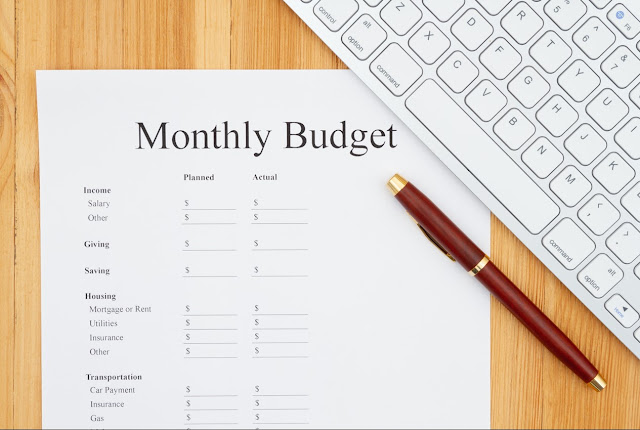If you have a steady income that more than covers your monthly expenses, you should be planning a financial future. Experts recommend balancing your income between monthly expenses, short-term or emergency savings, and long-term investments. The following ideas might help you to get started.
Expenses
These typically include your household costs each month, such as rent or mortgage payments, utilities, transportation, food, insurance, and medical care.
You may need to include fluctuating expenses like school tuition, clothes, and entertainment. Financial gurus estimate that up to 80 percent of your income might need to be allocated to this part of your budget.
Home maintenance and car repairs might fall into this category, although some people consider them part of a short-term savings plan or emergency fund.
Savings
Everyone needs a savings account to cover unexpected costs like replacing a home appliance that goes bad or paying for pet surgery. Short-term, occasional needs like birthdays and holidays might also draw funds from your savings account.
Vacations, special purchases (like a great deal on a home freezer), or helping a family member through a financial setback are other uses for this fund. In addition, you should save approximately three months to six months of your current income in case you lose your job or have an accident that requires long-term convalescence when you can't work.
You may want to save about ten to twenty percent of your monthly income if your household expenses average 70 to 80 percent.
Investments
An investment plan can start small and maintain a conservative pace with low risk. Talk to a financial adviser and carefully review stocks of interest to decide where to invest about 10 percent of your monthly income.
You might also want to invest in windfalls like a job bonus or cash birthday gifts to grow your account more quickly. Stocks will rise and fall, so be prepared to be patient over the long haul.
Credit Unions
Coordinating your budget might seem challenging as you try to juggle these three components. Consider joining a credit union where member benefits are often stellar.
You can expect prompt, friendly, professional service on a smaller scale that is more personal than what is typically experienced at a local bank.
Members can get financial advice and guidance in establishing a budget that won't crimp their lifestyle or compromise their future. Interest rates are competitive with and sometimes better than a bank's rate, especially when promotional opportunities are offered.
Make the most of your money for current, occasional, and future expenses. Get professional advice and set up a budget that will financially protect your family and interests.
Make the most of your money for current, occasional, and future expenses. Get professional advice and set up a budget that will financially protect your family and interests.





.jpg)

